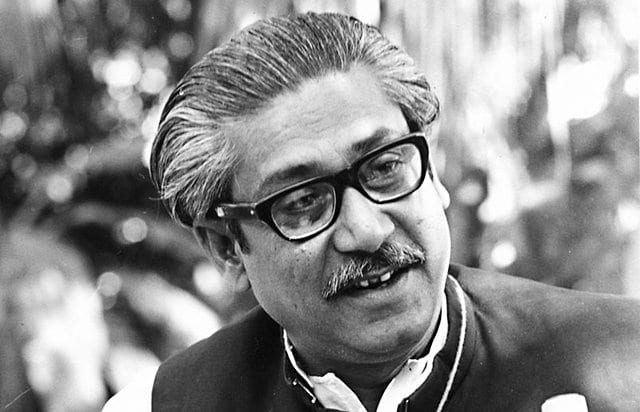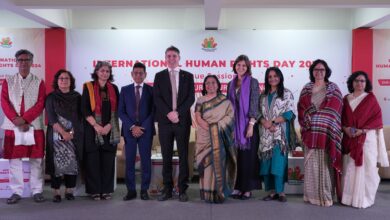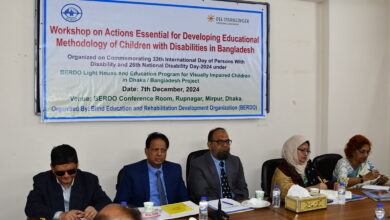CIA’s alleged role in gruesome assassination of Sheikh Mujibur Rahman

As the nation marks with utmost giref National Mourning Day and 47th martyrdom anniversary of Father of the Nation Bangabandhu Sheikh Mujibur Rahman today, the role of the Central Intelligence Agency (CIA) of the USA remains shrouded with mystery.
An article of the Indian newspaper The Economic Times tries to pain the intel agency’s alleged involvement into the assassination that not only shook the coutry, but the world.
The piece reads as follows:
The role of Bangladesh’s former dictator Zia-ur-Rehman in gruesome assassination of nation’s founder President Sheikh Mujibur Rehman and his family on August 15, 1975 has not been adequately probed and the role of several other actors in the conspiracy including Pakistan has not been investigated thoroughly.
General Zia-ur-Rahman who became President of Bangladesh in the mid-1970s was something of a ‘psychopath’ in his capability to betray others and use violence to achieve his objectives.
Investigative journalist and former South Asia Correspondent of the Far Eastern Economic Review Lawrence Lifschultz in a recent webinar organised on the occasion of 45 years of killing of Bangabandhu suggested that the whole episode be investigated thoroughly. Lifschultz claimed that the men behind that assassination would not have moved without Zia’s backing.
And Zia would not move without American backing, Lifschultz said. “In my view, it needs to be further investigated.”
Lifschultz lauded the judicial process of holding those involved to account and said that was an essential part in moving forward.
The webinar titled “Bangladesh 1975: Setting the clock back” hosted by the Centre for Research and Information (CRI) on Thursday night.
The assassination of the first President of Bangladesh Bangabandhu Sheikh Mujibur Rahman was unique and strategically plotted.
Salil Tripathi, historian and visiting scholar at New York University, Nasreen Ahmed, Academic and former Pro-VC at University of Dhaka, Mohammed Farashuddin, economist and former civil servant, visiting professor at East West University and Syed Badrul Ahsan, journalist and biographer, Fellow at Institute of Commonwealth Studies, University of London also spoke at the discussion Zafar Sobhan, columnist and Editor of Dhaka Tribune.
Weeks before the coup, Lifschultz said, Zia was meeting with the senior member of the US embassy. “We also know he was with the CIA station chief in a private meeting in Dhaka and we also know that there was tremendous tension within the American embassy over what happened with the then American ambassador Davis Eugene Boster very disturbed and stressed as he has given instructions that all the embassy staff would have no contact with anyone planning and thinking about coup.”
Lifschultz said Zia maintained strong connections with Pakistan and others during the uprising. “We moved into a real military dictatorship which was even more violent than Pakistan.”
Tripathi interviewed self-confessed killer Colonel Faruk when he came to Bangladesh for the first time in 1986 as a young reporter. “In 1986, I had just finished my graduate studies in the US and I was back in India and came to Bangladesh essentially to figure out what was going on and what went wrong that was my question and why a country which started the trajectory of democracy, secularism and liberalism ended up having essentially one party state leading to the assassination of Sheikh Mujib.
But he said when he came to Dhaka he found it something that ‘only a fiction writer could dream of’ that the man (Colonel Faruk) who was an assassin confessed to leading the conspiracy and declared himself as a presidential candidate in the election.
“So, I was curious about the man and when I approached him when I was in Dhaka and he very readily agreed to meet me. Well-guarded house in a nice part of the city and guarded by security forces and so on and wearing a Pathani outfit which is not traditionally associated with folks of the east side of the country that itself was revealing. He told me he was in Libya. He was incredibly confident,” Tripathi said.





